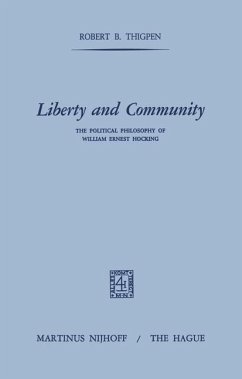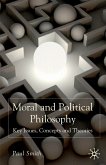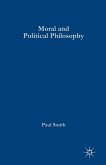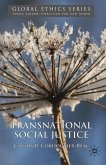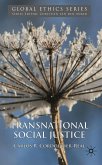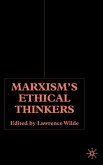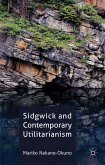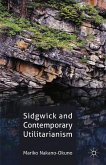This study of the political philosophy of William Ernest Hocking be gan as a doctoral dissertation at Tulane University. Hocking (1873- 1966) was for many years Alford Professor of Natural Religion, Moral Philosophy, and Civil Polity at Harvard University. Although he is relatively well-known among American philosophers, particularly by students of metaphysics and the philosophy of religion, very little atten tion has been given to his political philosophy. Some general studies of his thought summarize his political writings in a very cursory fashion, but they do not discuss his contributions in detail or relate them to significant issues in political philosophy. Most important general works on modern political philosophy or American political thought do not even mention Hocking; a few note his name in passing. Because he is almost completely unknown in the social sciences, the original purpose of this study was to explore, systematize, and present his extensive writings in political philosophy. It then became apparent that his entire political philosophy is oriented around the concepts of liberty and community. When his thought is analyzed in terms of these themes, its unity and coherence are more obvious. Moreover, his writings become more significant when they are related to liberty and community, for these are focal concepts for important problems in modern political philosophy. This study of Hocking's political philosophy will, it is hoped, help us to see how liberty and community can be more understandable, attainable, and compatible with one another.
Hinweis: Dieser Artikel kann nur an eine deutsche Lieferadresse ausgeliefert werden.
Hinweis: Dieser Artikel kann nur an eine deutsche Lieferadresse ausgeliefert werden.

